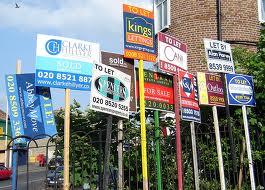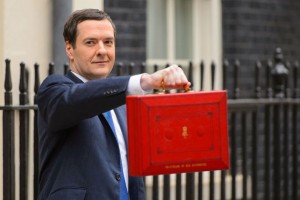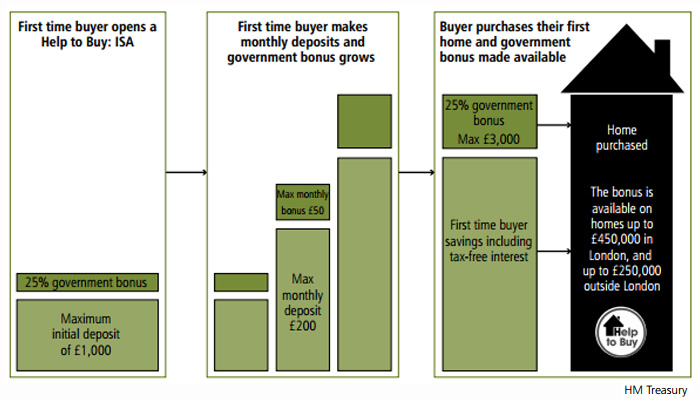 The conditions are right for a ‘perfect storm’ for buy-to-let landlords. Higher taxation will reduce net rental yields, new statutory regulations will add to costs and the imminent increase in interest rates will lead to falling property prices, creating a stampede of landlords desperate to sell, forcing prices even lower.
The conditions are right for a ‘perfect storm’ for buy-to-let landlords. Higher taxation will reduce net rental yields, new statutory regulations will add to costs and the imminent increase in interest rates will lead to falling property prices, creating a stampede of landlords desperate to sell, forcing prices even lower.
One in ten people over 50 now own a buy-to-let property, bringing in an average “profit” of £700 a month. A third of these became a landlord during the last five years with one in seven inheriting and 7% buying a home for one of their children or grandchild to live in, according to a survey of more than 10,000 landlords by Saga Landlord Insurance.
But a buy-to-let investment is not all it is cracked up to be?
The Saga survey also revealed that:
– One in ten over-50s landlords are only just breaking even or are actually losing money every month.
– Over 30% of those surveyed feared renting to bad tenants.
– Around 20% are worried about managing their rental property as they get older.
– Over 30% had issues with unpaid rent, a quarter had suffered damage to their property and one in ten are taking legal action against tenants.











